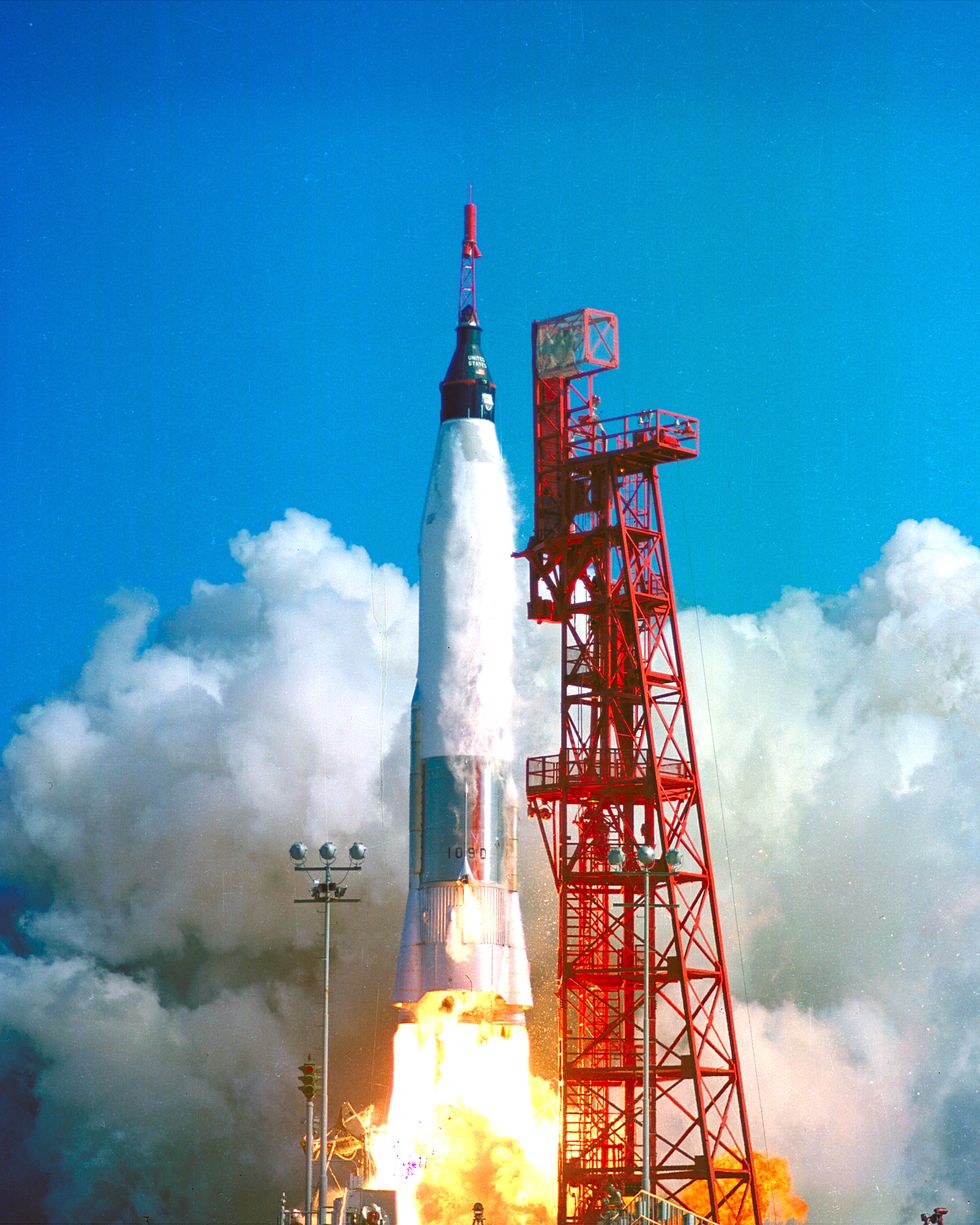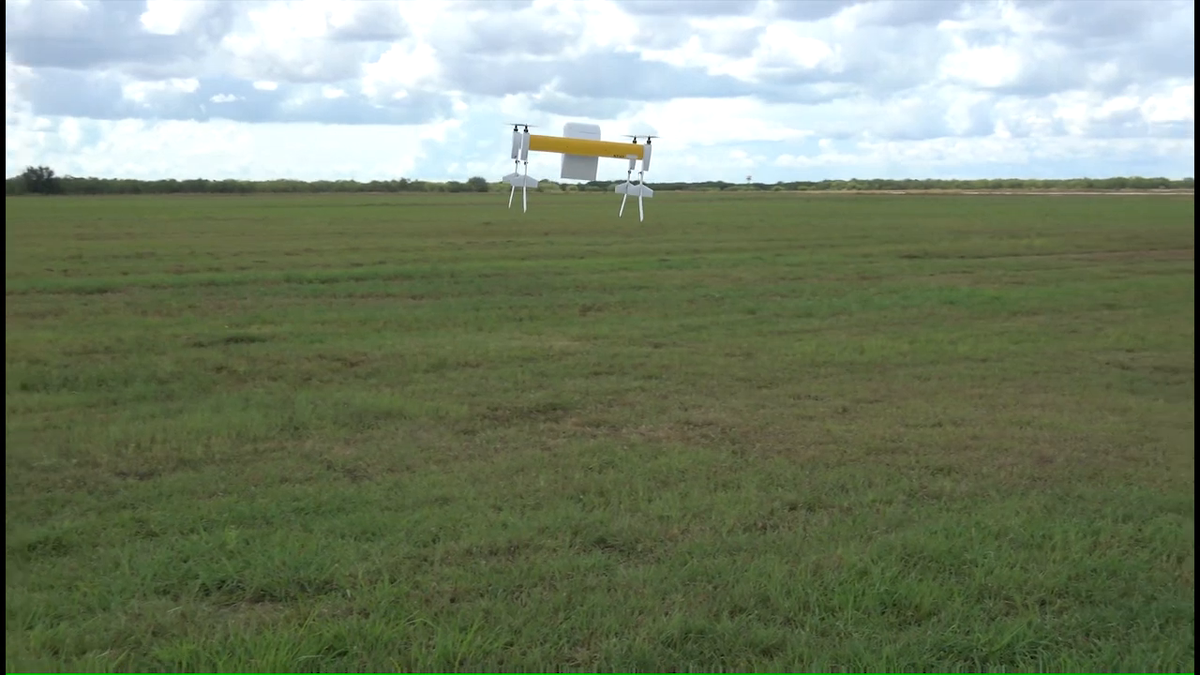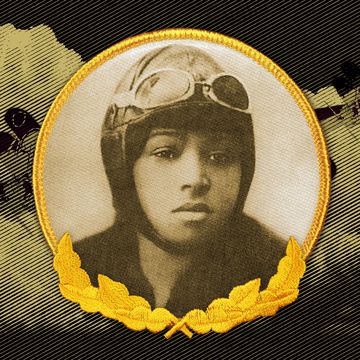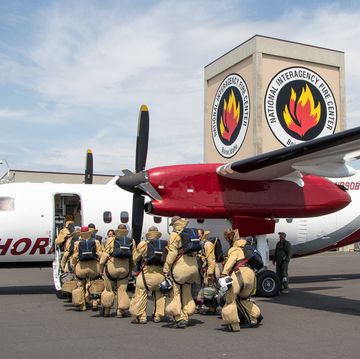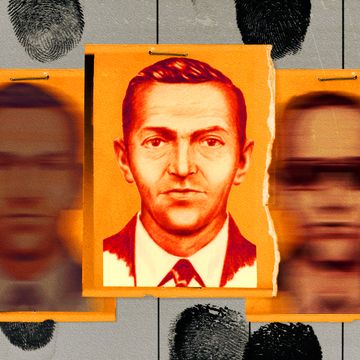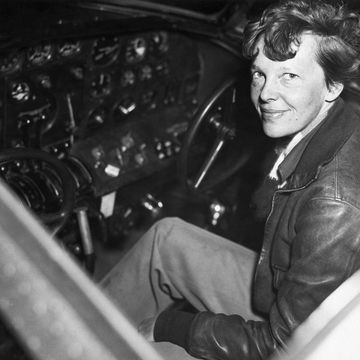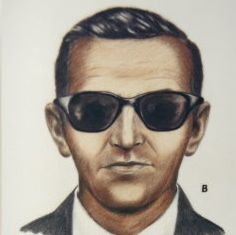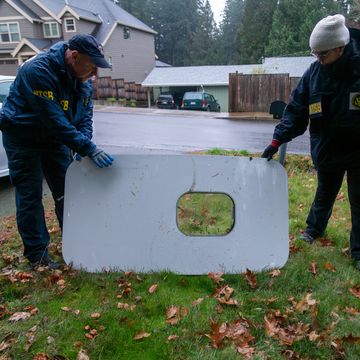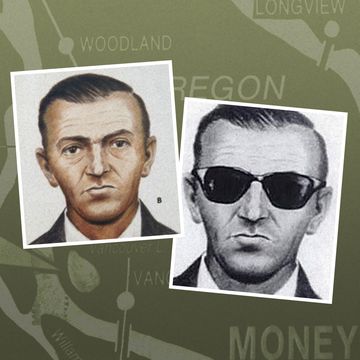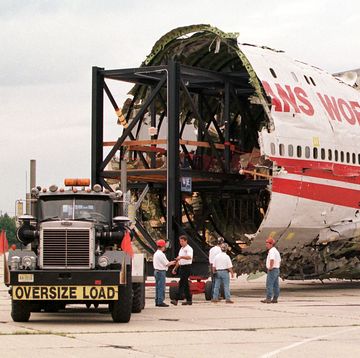Tom Wolfe, the renowned journalist and author who famously employed literary techniques, excitable punctuation, and razor-sharp wit in his nonfiction work, passed away Monday at age 88.
One of the fathers of New Journalism, a literary style that embraces a subjective perspective and lofty prose, Wolfe penned dozens of books during his lifetime, including an as-if-firsthand account of Ken Kesey and his band of Merry Pranksters in The Electric Kool-Aide Acid Test and the fictional social satire of 1980s New York City in The Bonfire of the Vanities. But around here, one book stands out among the rest: The Right Stuff.
On the surface, 1979's The Right Stuff is about the first American astronauts, men hand-selected from a pool of military fighter jet pilots to race against the Soviets and conquer the heavens. Names like Chuck Yeager, Alan Shepard, Gus Grissom, and John Glenn will be immediately familiar to any spaceflight and aviation enthusiast. But The Right Stuff is about much more than aerospace history.
In Wolfe's words, the book is about something the astronauts and pilots would never address or discuss directly, even amongst themselves: "courage." Wolfe became fascinated with that righteous stuff coursing through the veins of young fighter jocks, the thing that incites a person to "hang your hide out over the edge with a little class."
As to just what this ineffable quality was… well, it obviously involved bravery. But it was not bravery in the simple sense of being willing to risk your life. The idea seemed to be that any fool could do that, if that was all that was required, just as any fool could throw away his life in the process. No, the idea here (in the all-enclosing fraternity) seemed to be that a man should have the ability to go up in a hurtling piece of machinery and put his hide on the line and then have the moxie, the reflexes, the experience, the coolness, to pull it back in the last yawning moment—and then to go up again the next day, and the next day, and every next day, even if the series should prove infinite—and, ultimately, in its best expression, do so in a cause that means something to thousands, to a people, a nation, to humanity, to God.
- The Right Stuff, pg. 17 (Picador)
In his investigation of youthful American bravado on the world stage, Wolfe created not only a classic of American history but also a story that shirked the tales of war written in the wake of World War I—stories of cruel military officers and victimized enlisted soldiers. Wolfe wrote in a forward to The Right Stuff added in 1983: "Immediately following the First World War a certain fashion set in among writers in Europe and soon spread to their obedient colonial counterparts in the United States. War was looked upon as inherently monstrous, and those who waged it—namely, military officers—were looked upon as brutes and philistines."
Rather than carry on the legacy of All Quiet on the Western Front, Wolfe frames his protagonists as archetypes of heroism and duty—often facetiously and flippantly, but with a genuine admiration for the warriors in the sky. If there is a single thesis to The Right Stuff, it is perhaps that the first astronauts were the world's last single-combat warriors, men sent up into the heavens to do battle with the Soviets for the glory of God and country, standing in for a full-scale war, fighting alone so the nation would not have to send thousands to die on the battlefield. Or at least, that was the narrative of the 1950s and 60s.
The next great achievement would be the successful launching of the first man into space. In the United States—no one could say what was taking place in the land of the mighty Integral—the men chosen for this historic mission took on the archaic mantles of the single-combat warriors of a long-since-forgotten time. They would not be going into space to do actual combat; or not immediately, although it was assumed that something of the sort might take place in a few years. But they were entering into a deadly duel in the heavens, in any event. (Our rockets always blow up.) The space war was on. They were risking their lives for their country, for their people, in "the fateful testing" versus the powerful Soviet Integral. And even though the archaic term itself had disappeared from memory, they would receive all the homage, all the fame, all the honor and heroic status . . . before the fact . . . of the single-combat warrior.
- The Right Stuff, pg. 98 (Picador)
Tom Wolfe is gone, but his ideas, his point of view, his pure and righteous stuff will live on in the stories he wrote for all the remaining days of humanity. If you decide to crack open a copy of The Right Stuff, you will find a tale of heroism, foolhardiness, the fears of nations, and the soul of America.

Jay Bennett is the associate editor of PopularMechanics.com. He has also written for Smithsonian, Popular Science and Outside Magazine.

